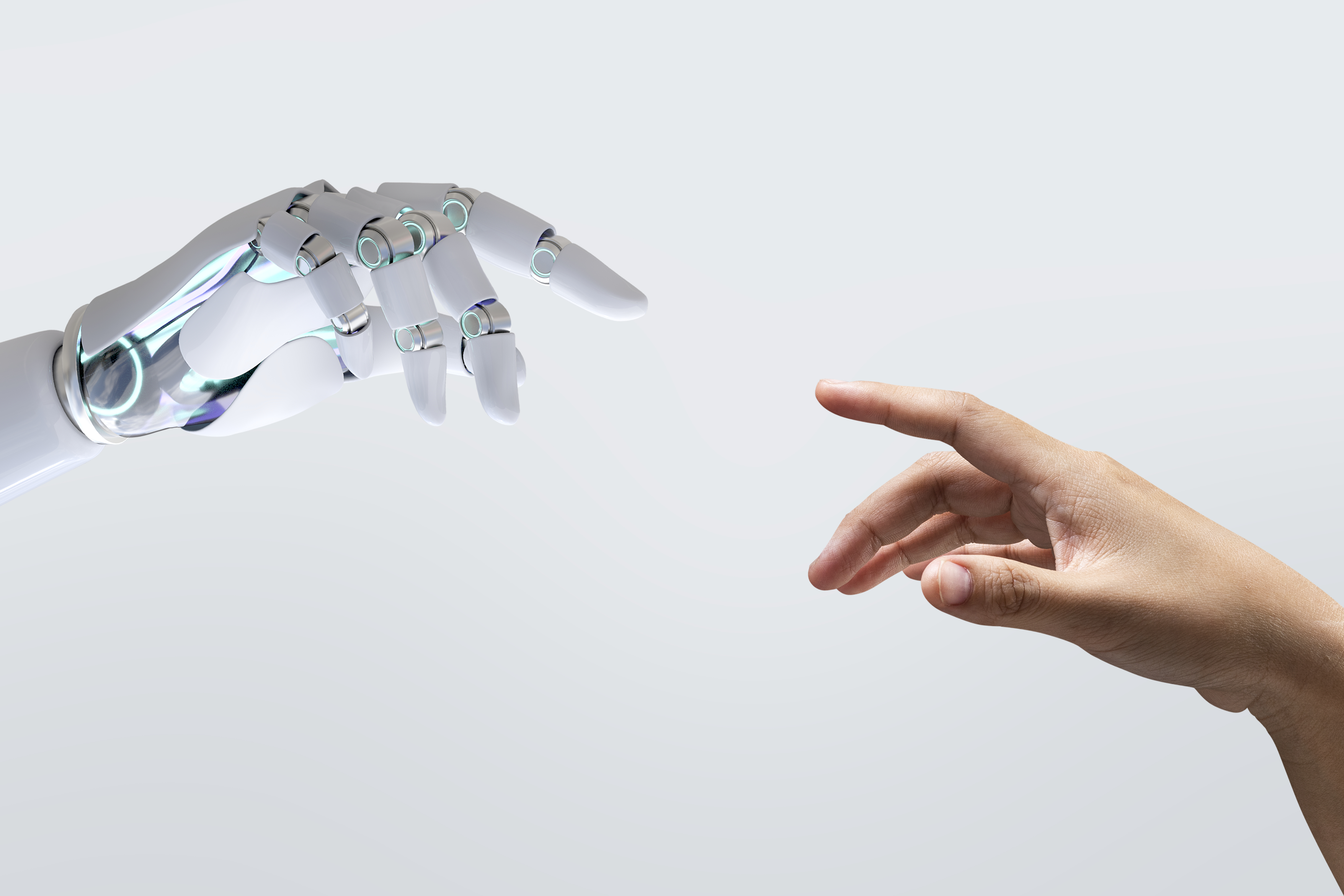 Since 2010, in early March of every year, the Open Knowledge Foundation, a not-for-profit organisation that advocates the opening up of knowledge to all members of the society, invites everyone to celebrate Open Data Day. As every year, the occasion will be marked with numerous events such as exhibitions, public lectures and hackathons taking place all over the world. This year, in order to accommodate all the events, the duration of the celebration was extended allowing the events to take place throughout the whole week between 4 and 10 March.
Since 2010, in early March of every year, the Open Knowledge Foundation, a not-for-profit organisation that advocates the opening up of knowledge to all members of the society, invites everyone to celebrate Open Data Day. As every year, the occasion will be marked with numerous events such as exhibitions, public lectures and hackathons taking place all over the world. This year, in order to accommodate all the events, the duration of the celebration was extended allowing the events to take place throughout the whole week between 4 and 10 March.
Open data is “digital data that is made available with the technical and legal characteristics necessary for it to be freely used, reused, and redistributed by anyone, anytime, anywhere”. This definition comes from the International Open Data Charter that was launched in 2015. Since then, 95 national and subnational governments from around the world and 78 other organisations have signed the Charter.
This year’s Open Data Day invites us to draw our attention to how open data can come helpful when developing applications based on artificial intelligence (AI) and how AI helps to make open data even more useful to the society.
We encounter AI in numerous aspects of our lives – AI translates texts for us, recommends items we might like when shopping online, plans the most efficient route for our trip, and offers many other services that have become ingrained in our daily routines. Besides providing services that make our life more comfortable, AI can contribute to solving some problems affecting people or the society as a whole. For example, it helps doctors to interpret the results of medical tests (see this app developed by a team from Lithuania) or it can help to predict areas that are at risk of deforestation.
AI systems require massive amounts of training data and not all AI developers can afford collecting the required data themselves. This is where open data shared by various governmental and non-governmental organisations comes in handy. It gives the possibility of training AI applications using already existing data. Moreover, every new type of data that is opened for everyone to use has the potential to inspire new ways in which AI technology can contribute to solving the world’s challenges.
Despite the usefulness of AI, there are also dangers connected to it. A system that has been trained on poor quality or biased data can do as much harm as good. There are also risks connected to misuse of personal data. A project conducted in the Netherlands between 2016 and 2017 called Responsible Data Science was looking at ways of preventing faulty, biased, or mishandled data and the harm that could be inflicted by the use of it. As a result, the members of the project articulated four universal principles that responsible data scientists should adhere to. These four principles summarised by the Acronym FACT are as follows: Fairness, Accuracy, Confidentiality, and Transparency. If you would like to know more about the FACT principles, see this article written by one of the members of Responsible Data Science project. Vilnius University supports the FACT principles, and this support is expressed in the University’s Open Science Policy document (available only in Lithuanian).
Greetings on Open Data Day from Vilnius University Library! We invite you to take advantage of the potential of open data and AI, and do this responsibly.
We remind you that Lithuanian public sector open data are available on the Lithuanian Open Data Portal and European Union open data can be accessed through the data.europa.eu portal. You can publish open research data and find data published by other Lithuanian researchers through the National Open Access Research Data Archive (MIDAS).
Dr Gintė Medzvieckaitė
2023-03-06
